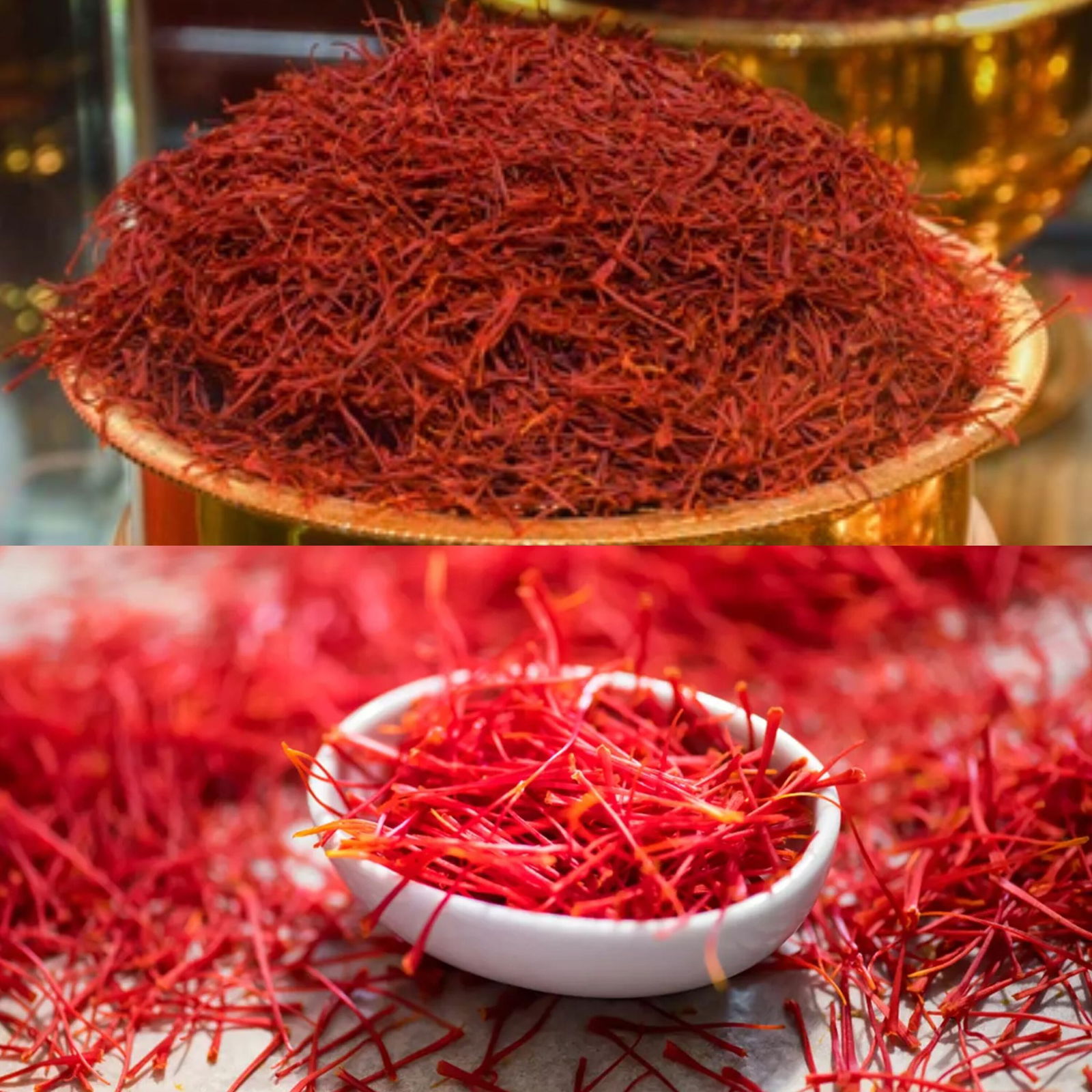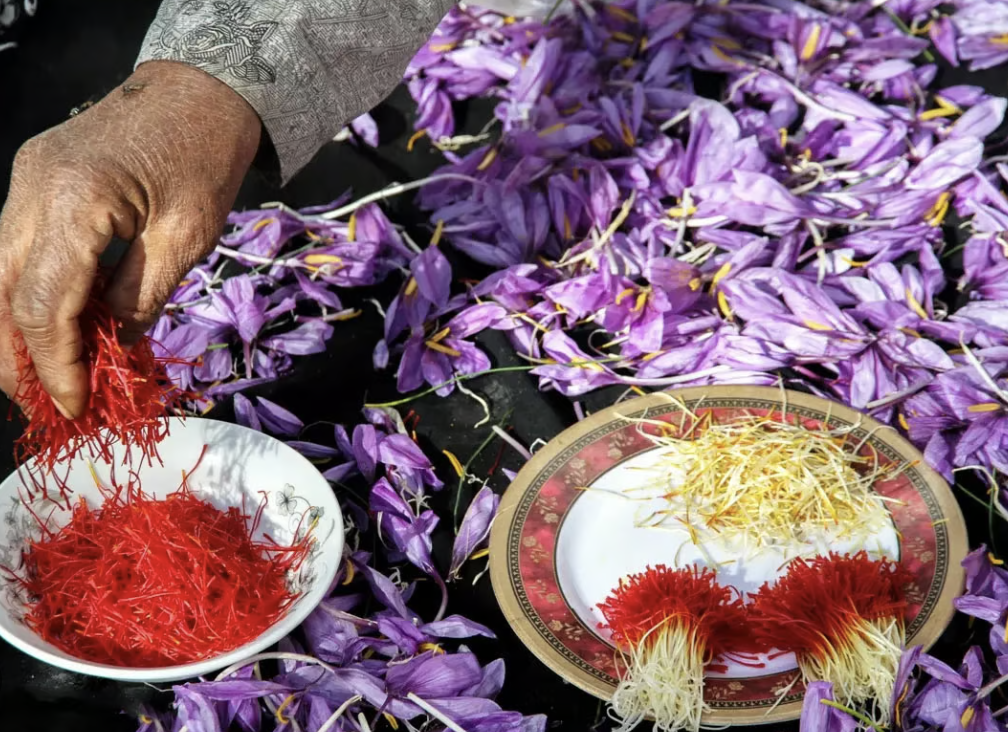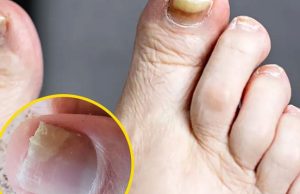
Sophora, particularly Sophora flavescens, is a plant that has been revered in traditional Chinese medicine for its various health-promoting properties. Among these is its potential to support prostate health, an issue of concern for many as they mature. While the modern approach often leans towards pharmaceutical solutions, exploring natural options like Sophora can provide alternative or complementary benefits.
What is Sophora?
Sophora flavescens, also known as Ku Shen, is a herb known for its bitter flavor and cold properties in traditional medicine. It’s primarily used to clear heat, dry dampness, and expel wind due to its antifungal, antibacterial, and anti-inflammatory properties.
Potential Benefits for Prostate Health
- Anti-inflammatory Effects: Sophora contains matrine and oxymatrine, compounds that have shown potential anti-inflammatory effects. Inflammation is a significant factor in many prostate conditions, including prostatitis and the enlargement of the prostate gland. By reducing inflammation, Sophora may help alleviate symptoms associated with these conditions.
- Antioxidant Properties: The antioxidants in Sophora can help protect cells from oxidative stress, which is involved in the development of chronic diseases, including those affecting the prostate.
- Immune System Support: Sophora can also boost the immune system. A stronger immune response is crucial in fighting infections that can affect prostate health.
How to Use Sophora
Sophora can be consumed in various forms, such as teas, capsules, or tinctures. However, it’s crucial to approach this herb with caution:
- Consultation with a Healthcare Provider: Always consult with a healthcare professional before starting any new treatment, especially if you are already taking medications or have ongoing health issues.
- Dosage: It’s important to adhere to recommended dosages to avoid potential side effects. Overuse can lead to adverse reactions.
Safety and Considerations
While Sophora is beneficial, it is not suitable for everyone. It may interact with certain medications and is not recommended for pregnant or nursing women. Additionally, individuals with autoimmune diseases or those on immunosuppressive therapy should avoid this herb due to its immune-stimulating effects.




















